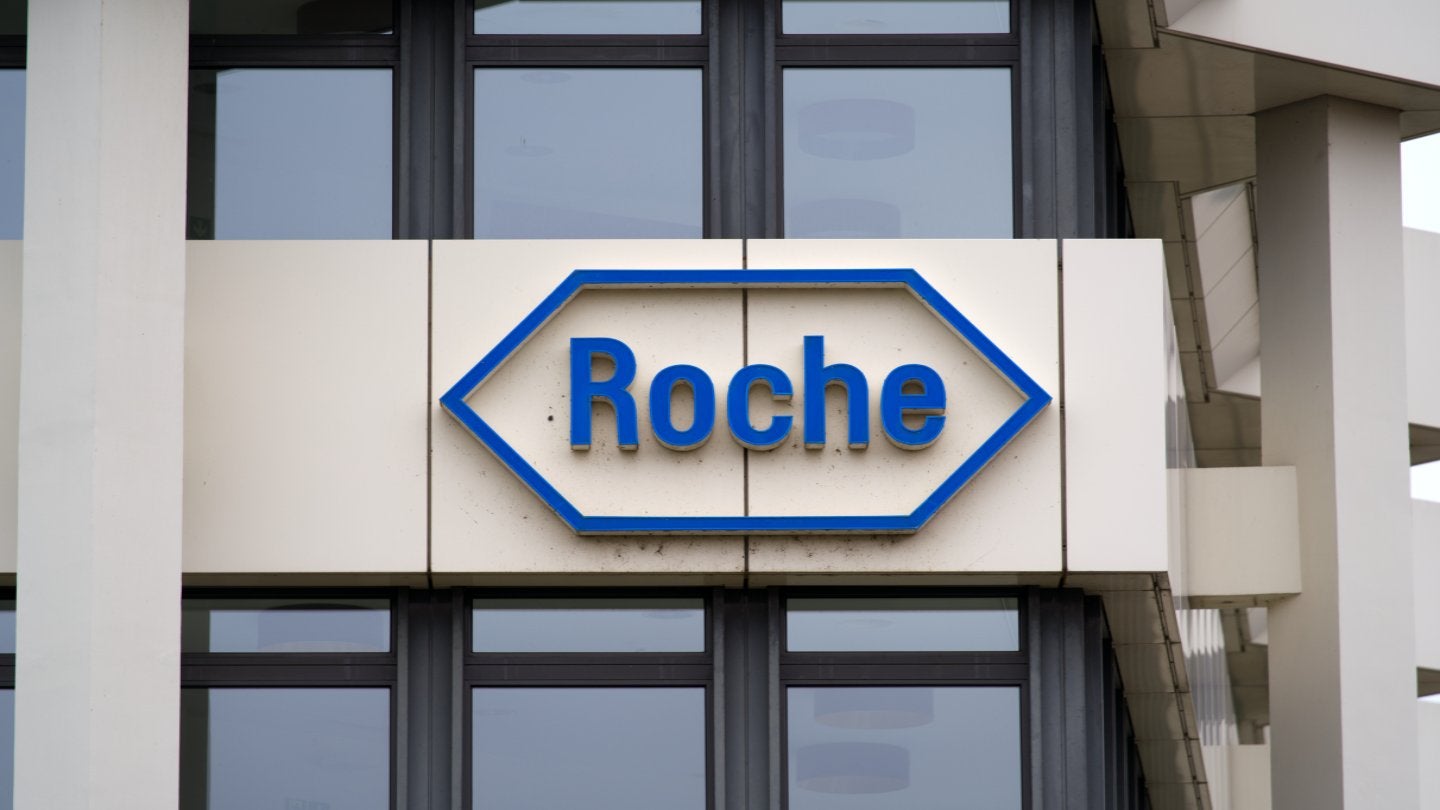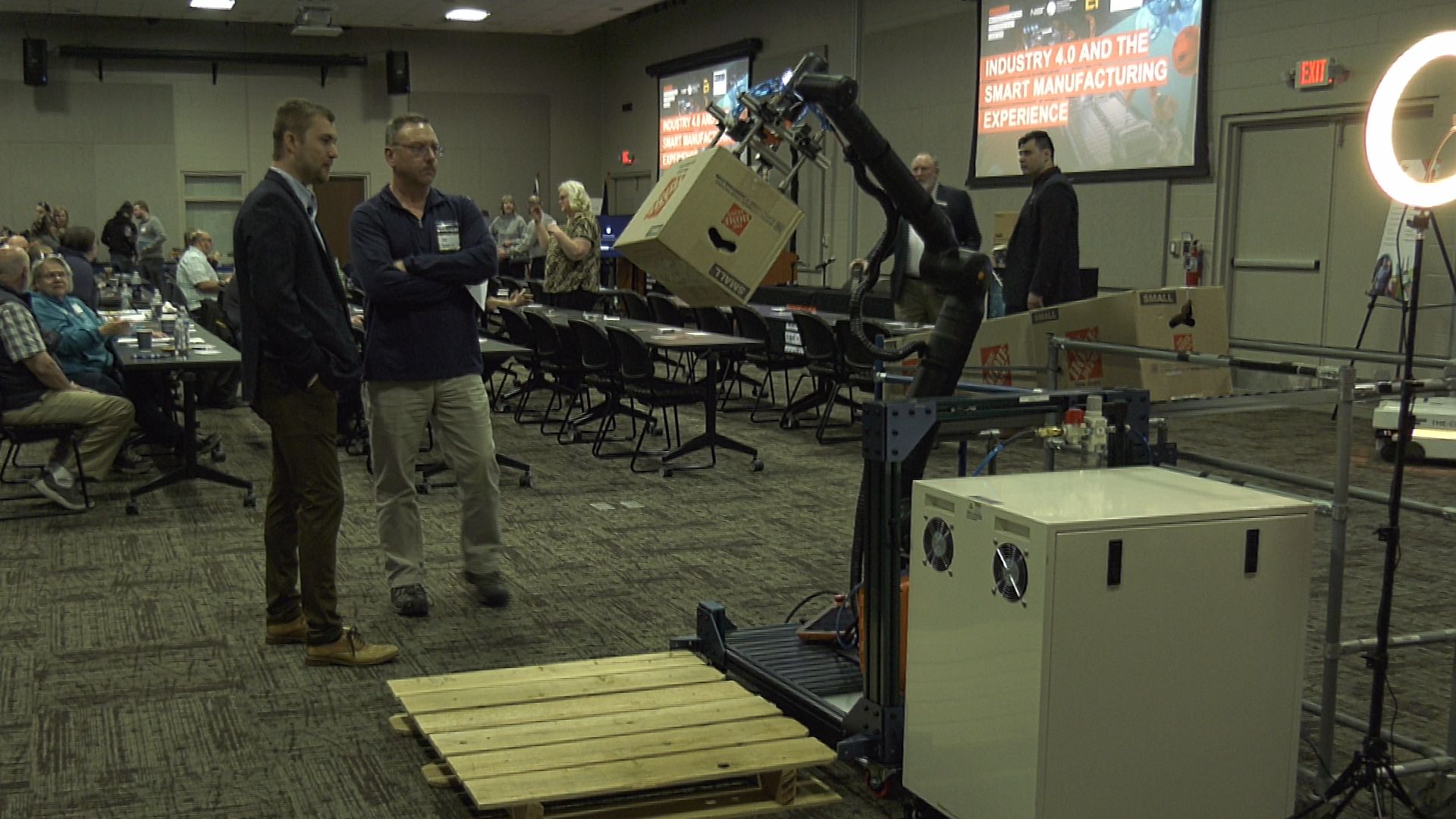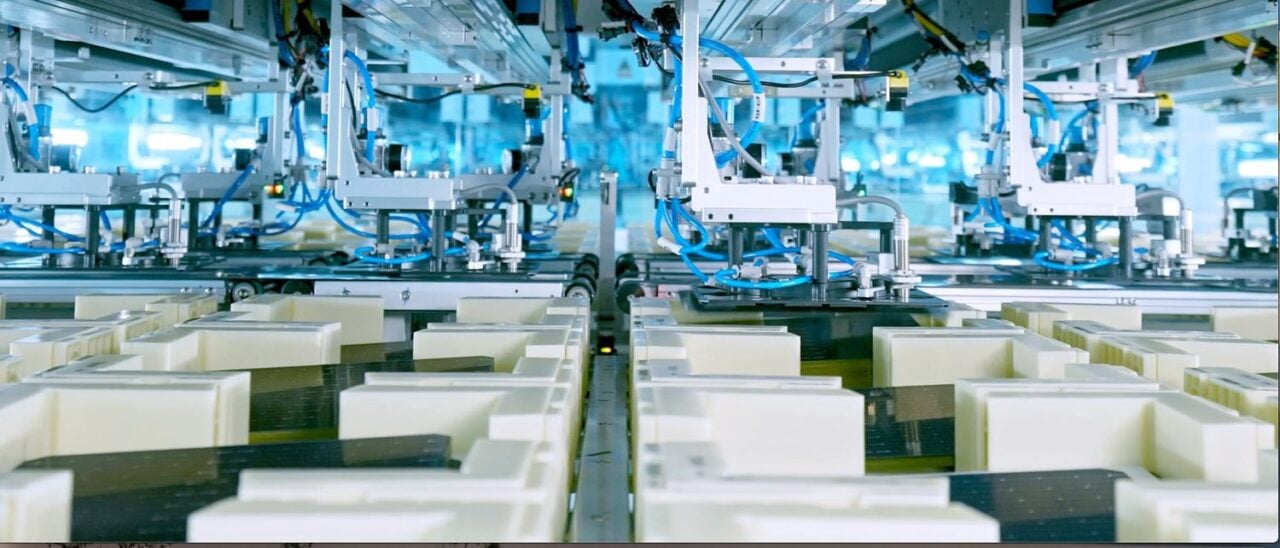Tariff Tango: Can Trade Barriers Resurrect America's Manufacturing Heartland?
Manufacturing
2025-04-08 22:14:26Content
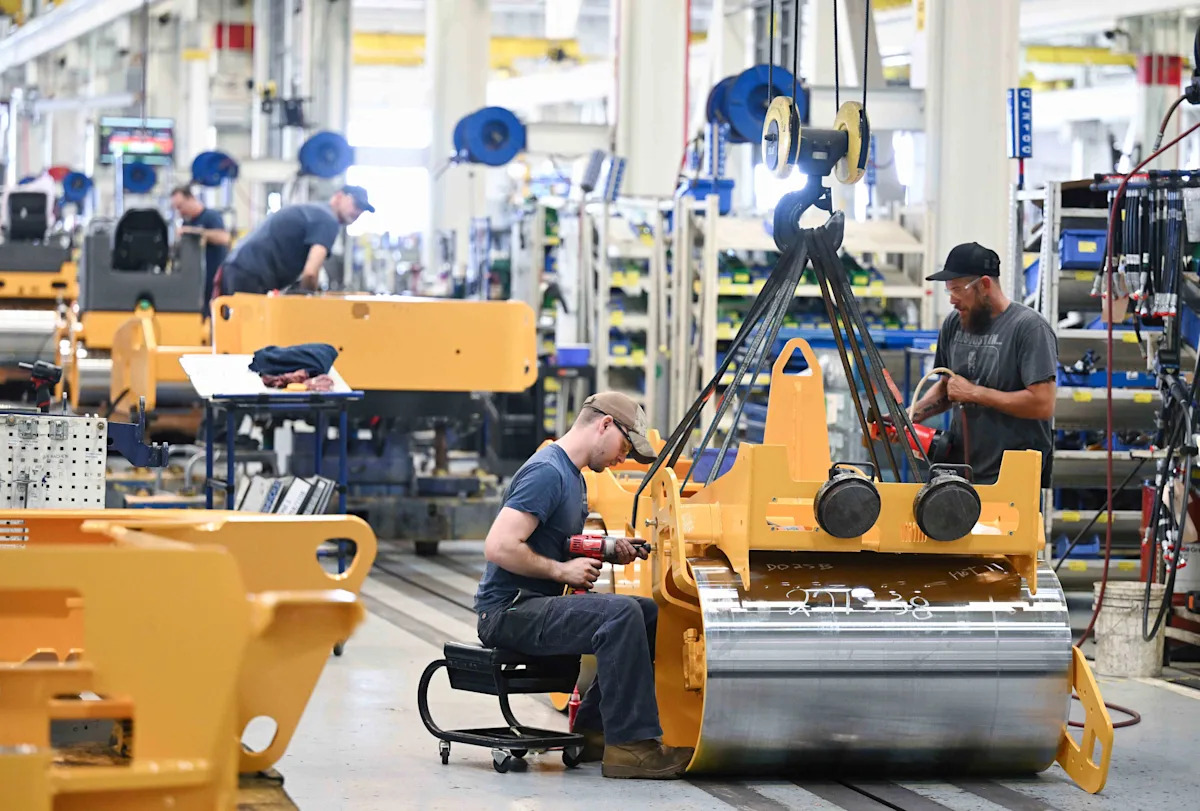
President Trump's ambitious tariff strategy may be falling short of its primary promise: reviving the robust manufacturing jobs that once defined America's blue-collar middle class. Economists argue that the complex global economic landscape has fundamentally transformed, making a simple return to past industrial employment patterns increasingly unlikely.
While the administration's trade policies aim to protect domestic industries and encourage local manufacturing, the reality is far more nuanced. Technological advancements, automation, and shifting global supply chains have dramatically reshaped the manufacturing sector. These structural changes mean that even with protective tariffs, the traditional manufacturing jobs of previous decades are not simply waiting to be reclaimed.
Experts suggest that instead of focusing solely on tariffs, a more comprehensive approach is needed. This would include investing in workforce training, supporting innovation, and creating policies that help workers adapt to the evolving economic environment. The future of American manufacturing, they argue, lies not in attempting to recreate the past, but in preparing workers for the industries of tomorrow.
The Illusion of Tariff-Driven Manufacturing Revival: Economic Realities Unveiled
In the complex landscape of global economic policy, the ambitious strategy of imposing tariffs as a mechanism to resurrect manufacturing jobs has emerged as a contentious and potentially misguided approach. The intricate dynamics of modern industrial economics challenge the simplistic notion that protectionist trade measures can single-handedly restore the manufacturing sector to its former glory.Unraveling the Myth: Tariffs Cannot Magically Resurrect Lost Industrial Jobs
The Technological Transformation of Manufacturing
The contemporary manufacturing landscape has undergone a profound metamorphosis, driven by unprecedented technological advancements and automation. Robotics, artificial intelligence, and sophisticated machine learning algorithms have fundamentally restructured production processes, rendering traditional labor models obsolete. The notion that tariffs can somehow reverse this technological revolution is fundamentally flawed and demonstrates a profound misunderstanding of industrial evolution. Modern manufacturing demands highly specialized skills and technical expertise that cannot be recreated through protectionist trade policies. The workforce required today is dramatically different from the blue-collar labor force of previous decades, necessitating comprehensive workforce retraining and educational transformation rather than simplistic trade barriers.Global Economic Interconnectedness and Supply Chain Complexity
Contemporary manufacturing operates within an intricate global ecosystem characterized by complex international supply chains and interdependent economic relationships. Tariffs disrupt these delicate networks, potentially causing more economic harm than benefit. Multinational corporations have developed sophisticated strategies that transcend national boundaries, making protectionist measures increasingly ineffective. The global economic landscape requires nuanced, strategic approaches that recognize the interconnected nature of modern production. Simplistic tariff implementations fail to address the multifaceted challenges facing industrial sectors, potentially creating unintended economic consequences that harm domestic industries and consumer markets.Economic Adaptation and Workforce Transformation
Successful economic revitalization demands a holistic approach that emphasizes innovation, education, and strategic investment in emerging technologies. Rather than attempting to resurrect outdated industrial models, policymakers must focus on creating adaptive ecosystems that support workforce development and technological innovation. The future of manufacturing lies not in protective trade barriers but in developing robust educational infrastructure, supporting research and development, and cultivating a workforce capable of navigating rapidly evolving technological landscapes. Investments in STEM education, vocational training, and technological infrastructure represent more sustainable pathways to economic rejuvenation.The Psychological and Societal Implications of Industrial Transformation
Beyond economic metrics, the decline of traditional manufacturing represents a profound psychological and societal shift. Communities historically dependent on manufacturing must confront challenging transitions, requiring comprehensive social support systems and innovative economic strategies. The emotional and cultural significance of manufacturing jobs cannot be understated, representing more than mere economic activity but embodying community identity and generational traditions. Addressing these complex social dynamics requires empathetic, multifaceted approaches that recognize the human dimension of economic transformation.Policy Recommendations for Sustainable Economic Development
Effective economic revitalization necessitates nuanced, forward-thinking policies that transcend simplistic protectionist measures. Governments must develop comprehensive strategies integrating technological innovation, workforce development, and strategic economic planning. Collaborative approaches involving industry leaders, educational institutions, and policymakers can create adaptive ecosystems capable of navigating the complex challenges of modern industrial evolution. By embracing innovation and supporting technological adaptation, nations can develop resilient economic frameworks that generate meaningful opportunities for their workforce.RELATED NEWS
Manufacturing

AI Revolution: How Machine Learning is Transforming Microchip Production
2025-04-23 20:53:45
Manufacturing
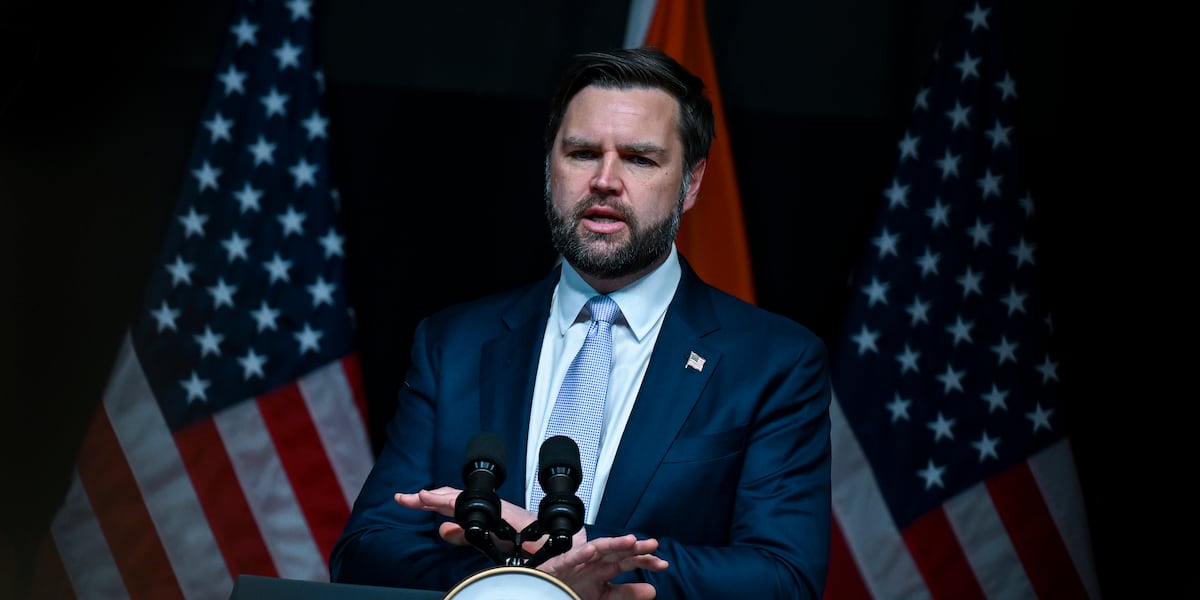
Manufacturing Spotlight: VP JD Vance Heads to Berkeley County's Industrial Hub
2025-05-01 08:00:00
Manufacturing
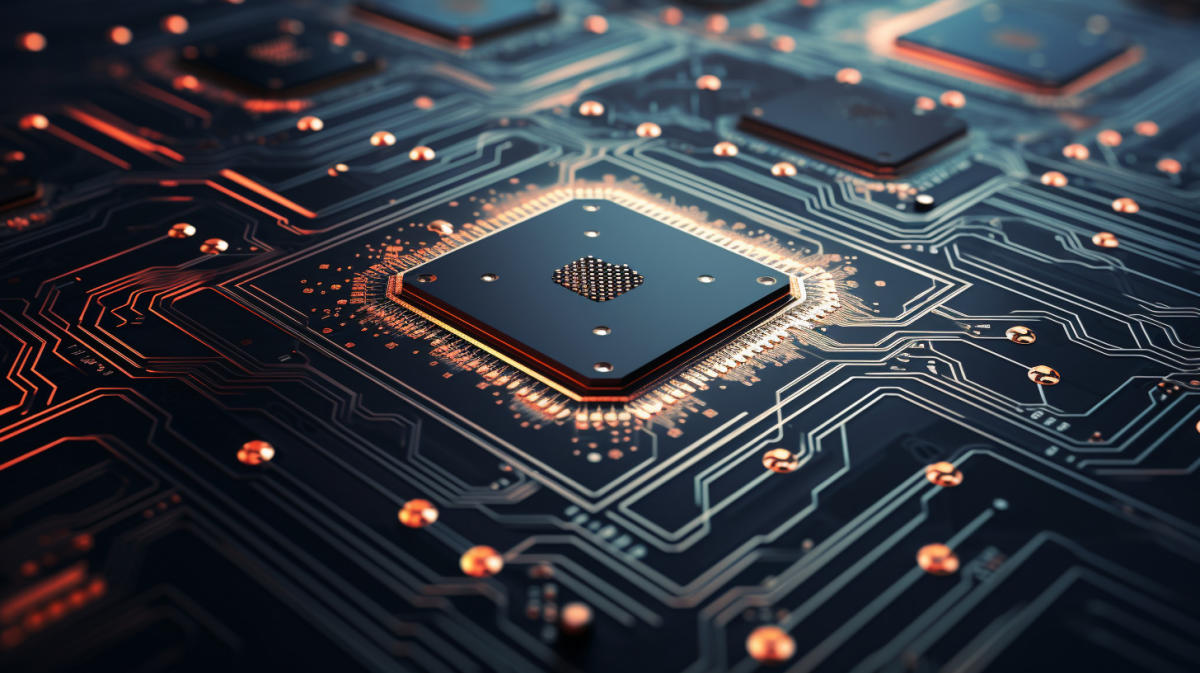
Chip Giant TSMC Defies Trade Tensions: Massive $10.7B Q1 Windfall Despite US Tariff Challenges
2025-04-17 12:03:45
